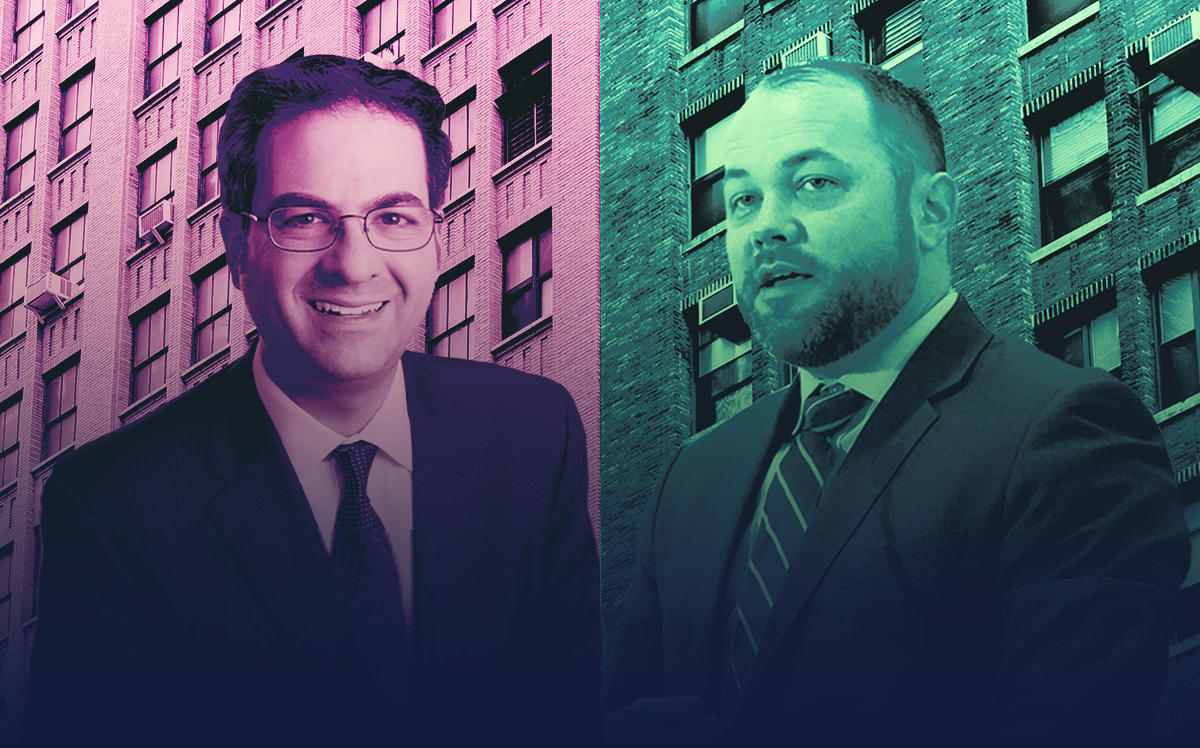Trending
City Council passes limited property tax reprieve, disappointing landlords
Proposal for deeper cuts on late fees is defeated

The New York City Council today gave landlords a slight reprieve on property taxes, but advocates for the industry called it insufficient.
A bill sponsored by Public Advocate Jumaane Williams temporarily gives buildings assessed at less than $250,000 zero percent interest on late payments. A second piece of legislation, sponsored by City Council member Margaret Chin, allows certain property owners affected by Covid-19 to pay 7.5 percent — instead of 18 percent — for delinquent taxes paid by October 15.
In an earlier version of Chin’s bill, landlords getting the break would have had to give tenants a rent holiday during the tax deferral period and for three more months after becoming current on taxes and fees for municipal services.
The City Council also approved interest rates on delinquent taxes for three categories of property, dismissing amendments proposed by Council member Kalman Yeger, who represents Bensonhurst, Borough Park, Midwood and Ocean Parkway in Brooklyn. Yeger called for reducing those rates to zero for buildings assessed at less than $250,000, and to 2 percent instead of the usual 18 percent for those assessed at $250,000 or more.
“if we want to help tenants and give them relief, it can’t be just on one side of the equation,” said Yeger.
Other members of the Council’s wing of conservative Democrats including Robert Holden, Mark Gjonaj, Chaim Deutsch, Peter Koo and Ruben Diaz Sr. spoke in favor of the amendments.
“An 18 percent interest rate for nonpayment of taxes for properties over $250,000, which includes co-ops, is unjustifiable during the good times,” said Gjonaj. “During this crisis, it’s immoral.”
But City Council Speaker Corey Johnson strongly opposed the amendments, calling them “embarrassing” and “last-minute” and asserting that two would be illegal. In arguing against the amendments, he underscored the importance of maintaining the city’s tax revenue, most of which comes from property taxes.
“We need around $1 billion a week to make payroll and other payments for the city of New York, and reducing the interest rate for late payments from 18 to 2 percent would likely induce big payers to delay their payments, and make our cash issues much more difficult,” said Johnson. “If this went through it could create significant cash issues for the city.”
Effective July 25, buildings assessed at more than $250,000 and not suffering coronavirus-related financial distress will continue to pay 18 percent on overdue taxes, a rate that dates back to the early 1990s. Those assessed at less than $250,000 will pay 3.25 percent for the first quarter of 2021 and 5 percent for the remainder of the year.
Property owners with buildings assessed at more than $250,000 can qualify for a late interest rate of 7.5 percent if they can document a 50 percent drop in income because of Covid-19. To qualify, they must be assessed at no more than $750,000 or have no more than 30 units, half of which must be rent-regulated.




